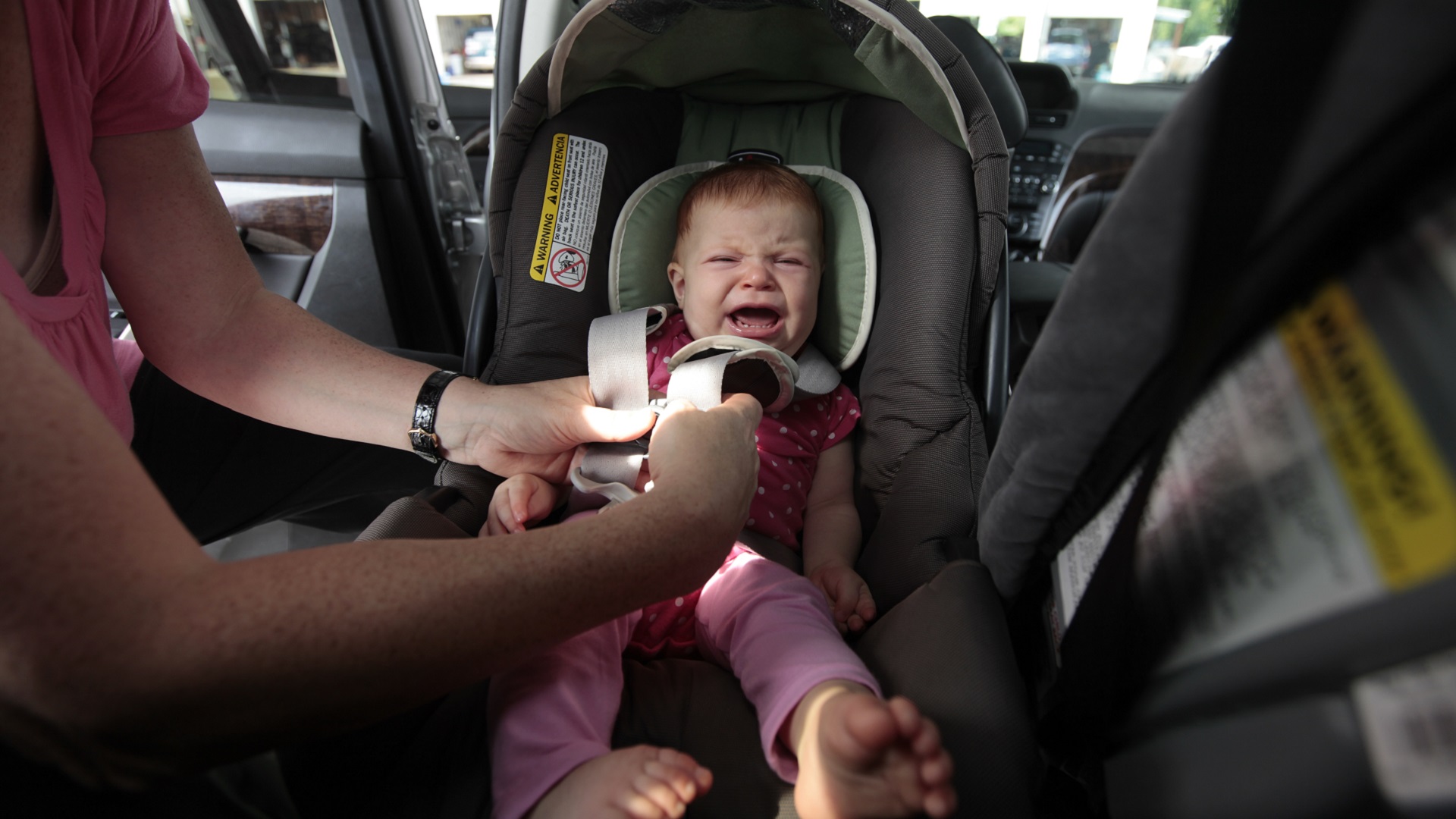

Virginia Governor Ralph Northam signed a bill Tuesday prohibiting child car seats from facing forward until the child reaches certain requirements above and beyond currently accepted standards, reports WWBT 12News.
Under the new law, which will take effect July 1, 2019, children are required to face the back of the car until age 2, or until they meet the child seat’s minimum rated weight to be used forward-facing. According to a State Farm survey, just 44 percent surveyed kept their child rear-facing until two years of age or longer.
“In a crash, rear-facing seats better support the head, neck, and spine of infants than forward-facing seats,” shared Chris Mullen, Director of the Technology Research Division at State Farm. “Correctly secured in their car seats, children are much more likely to avoid serious injuries.”
This is not a recent discovery. I am a former NHTSA-certified Child Passenger Safety Technician, emphasis on “former.” Even my own training in the early 2000s taught me that children should remain rear-facing for as long as possible. As Mullen says, the force of a frontal crash will be spread across the head, neck, and back of children, a much larger area than that of the belts they would wear in a forward-facing seat.
My training is now 15 years out of date. Standards evolve and change over time, as they have here. While there were no specific requirements for how long to keep children facing the rear at the time I served as a technician, agencies ranging from AAA to NHTSA now recommend similar standards to the ones Virginia just signed into law.